Rajya Sabha passes two Bills amid Opp protest
Tue 02 Aug 2022, 13:37:40
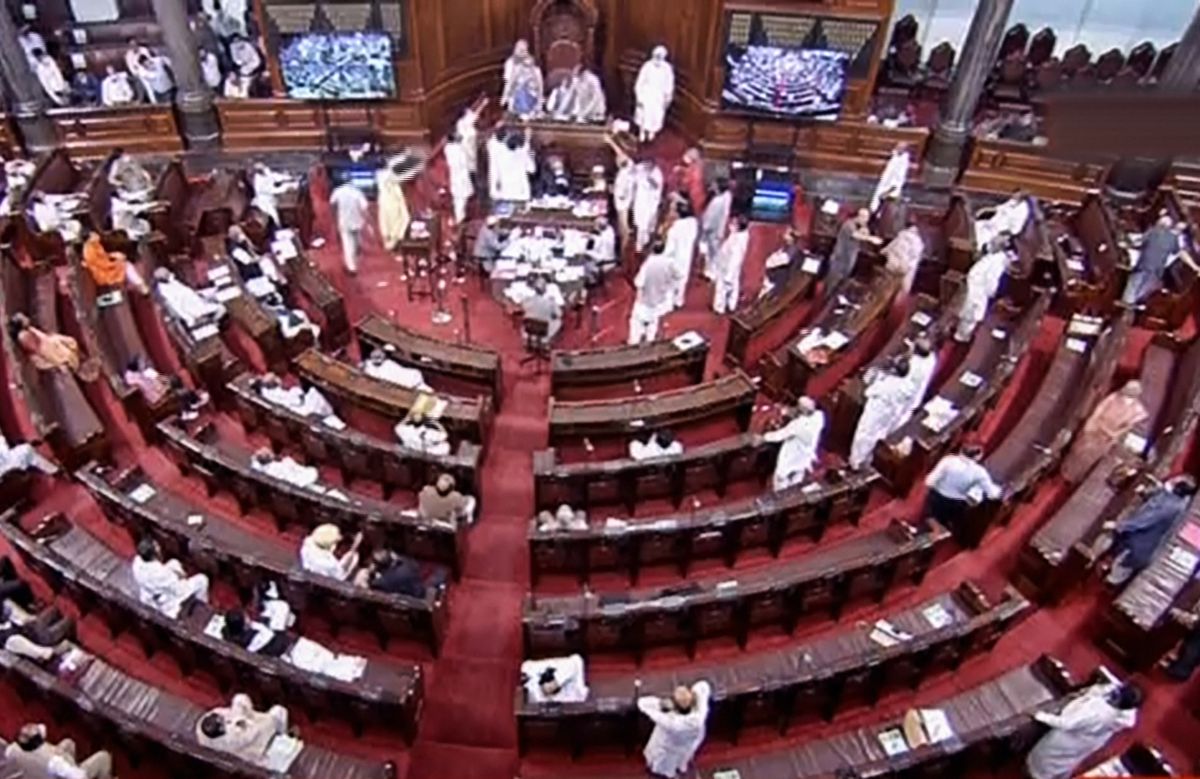
New Delhi: The Rajya Sabha on Monday passed two bills including one for a ban on funding of weapons of mass destruction and the Indian Antarctic Bill amidst protests by the Opposition on various issues, including price rise and arrest of Shiv Sena MP Sanjay Raut. The Lok Sabha had already passed these two bills.
The Weapons of Mass Destruction and their Delivery Systems (Prohibition of Unlawful Activities) Amendment Bill, 2022, piloted by External Affairs Minister S Jaishankar, was passed with a voice vote.
The bill was approved by the Lok Sabha in April. The Weapons of Mass Destruction and their Delivery Systems (Prohibition of Unlawful Activities) Act, passed in 2005, only banned manufacture of weapons of mass destruction.
The Bill seeks to insert a new Section 12A in the existing law which states that "no person shall finance any activity which is prohibited under this Act, or under the United Nations (Security Council) Act, 1947 or any other relevant Act for the time being in force, or by an order issued under any such Act, in relation to weapons of mass destruction and their delivery systems."
Replying to a debate on the bill, Jaishankar said all members who spoke on the proposed legislation recognised that terrorism is a serious threat and so are weapons of mass destruction (WMD).
He said the current law only covers trading and does not cover financing of weapons of mass destruction. "This gap needs to be filled because recommendation...Of the Financial Action Task Force requires all countries, including us, to ensure that assets financing for WMD-related activities is prohibited.
"So keeping in mind this lacunae of the current law we have brought this amendment. This is good for the security of the
country. This is good for the reputation of the country," Jaishankar said.
country. This is good for the reputation of the country," Jaishankar said.
The House also passed a bill which seeks to extend the application of domestic laws to research stations set up by India in the Antarctic region.
The Indian Antarctic Bill, 2022, piloted in the Upper House by Earth Sciences Minister Jitendra Singh, was passed with a voice vote after a brief discussion amid a protest by the Opposition.
The House rejected several amendments moved by Opposition parties, including for sending the bill to a select committee of the Rajya Sabha for scrutiny of the proposed legislation.
The Lok Sabha had given its approval to the bill on July 22. The Opposition had demanded division on sending the bill to the Select Committee. Bhubaneswar Kalita, who was chairing the session, had called for the division. With several members protesting in the Well of the House, Kalita said the division cannot take place unless MPs are on their allotted seats, and he called it off.
The Indian Antarctic Bill, 2022 seeks to extend the application of domestic laws to research stations set up by India in the Antarctic region. India has two active research stations in the Antarctic —Maitri and Bharti — where scientists are involved in research. The bill proposes to prohibit Indian expedition to Antarctica without a permit or written authorisation of another party to the Antarctic Treaty, provides for inspection by an officer appointed by the government and for penalty for contravention of certain provisions of the legislation.
It also seeks to constitute a fund for the welfare of Antarctic research work and protection of the environment of the icy continent.
No Comments For This Post, Be first to write a Comment.
Most viewed from National
Most viewed from World
AIMIM News
Latest Urdu News
Most Viewed
May 26, 2020
Should there be an India-Pakistan cricket match or not?
Latest Videos View All
Like Us
Home
About Us
Advertise With Us
All Polls
Epaper Archives
Privacy Policy
Contact Us
Download Etemaad App
© 2026 Etemaad Daily News, All Rights Reserved.

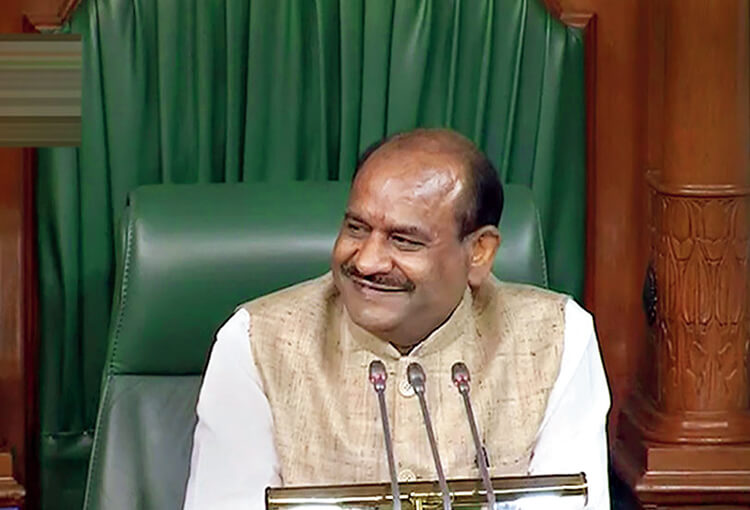
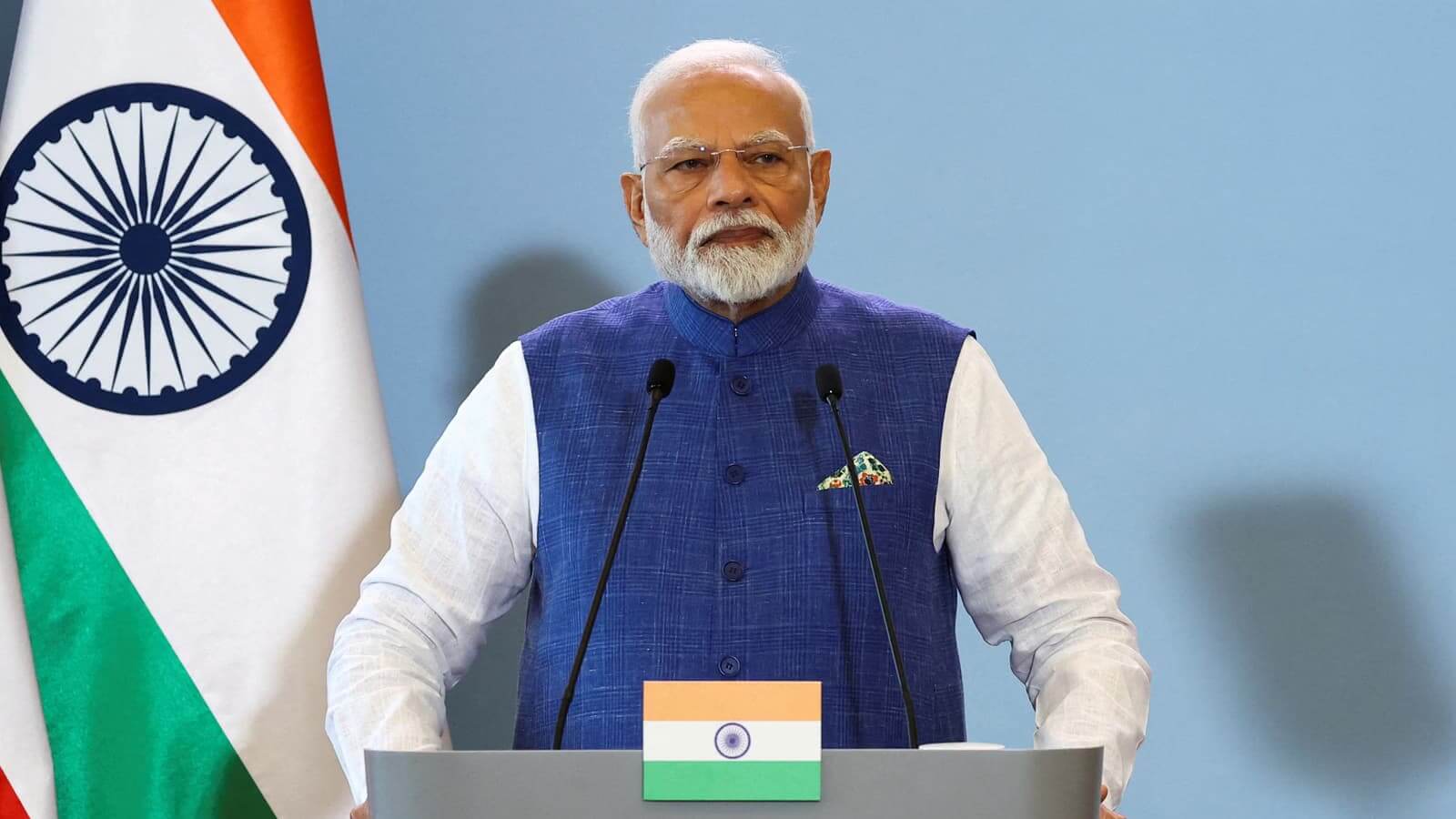

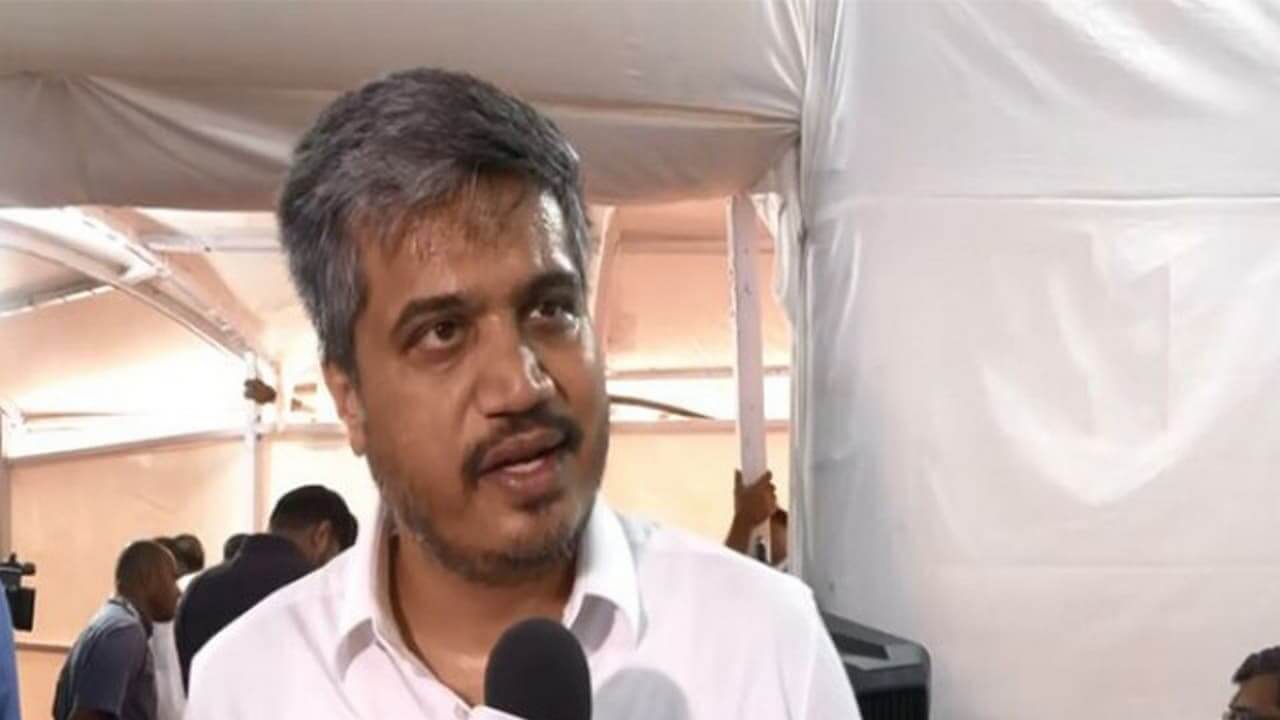
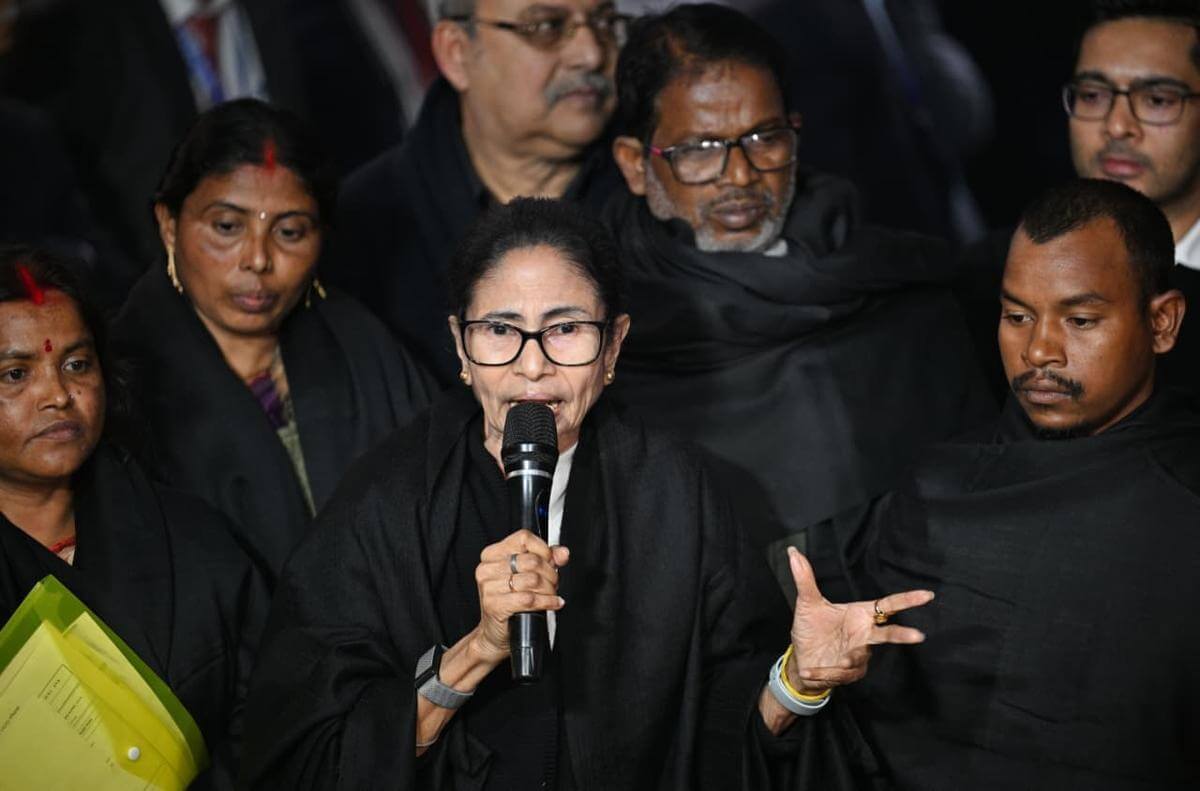





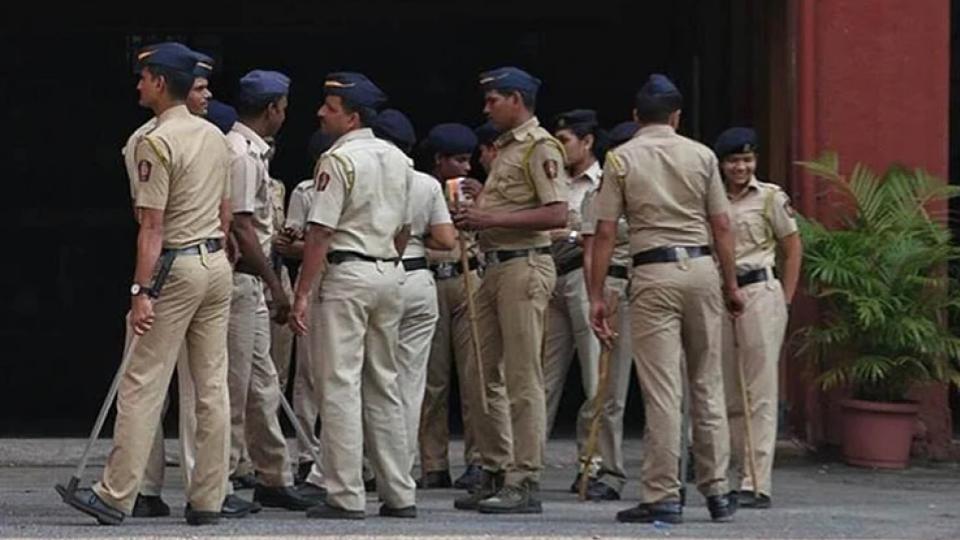







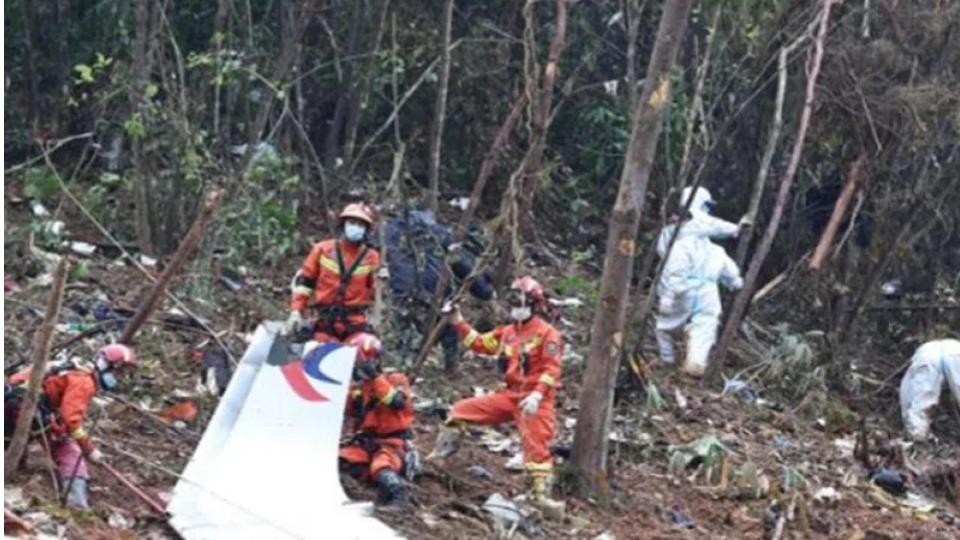

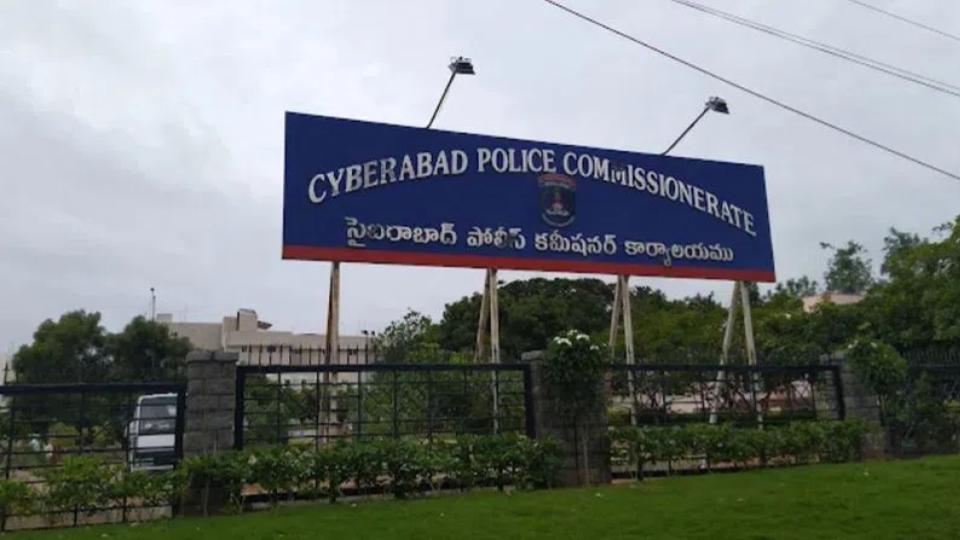















.jpg)
.jpg)
.jpg)


